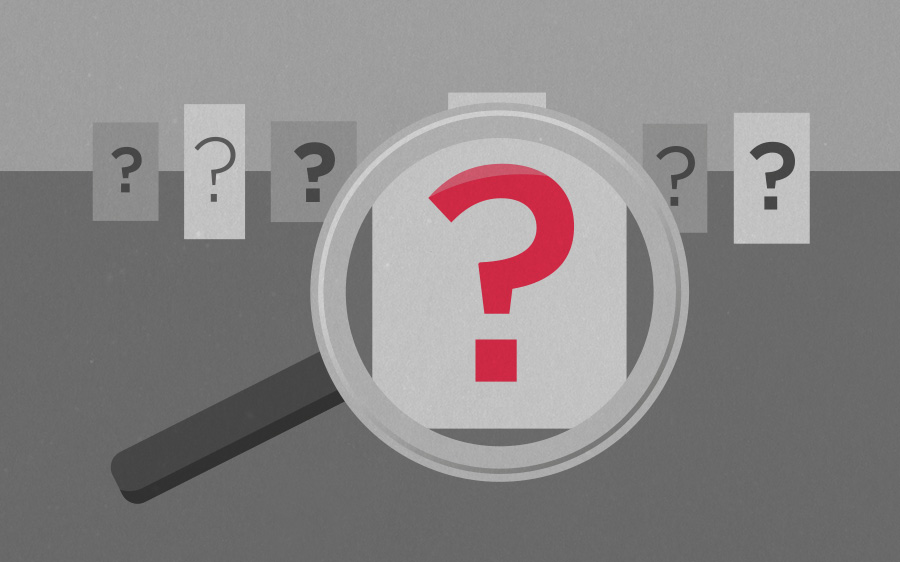
Making the most of research
Research is a fascinating thing, always informative and yet often in ways you weren’t considering. At a recent research group session, the quirks of the process were evident yet again.
We presented a range of creative pieces as design stimulus – brochure design options, banner ads, etc, featuring indicative imagery of housing products similar to the ones we were researching (the actual product imagery was not yet available).
We were looking for feedback on the branding, collateral design, colour options and so on. But, as often happens, the attendees were fixated on the product images, eager for information and details.
Unexpected research feedback
Whilst these initial responses told us nothing about the collateral design – and therefore provide the feedback we intended collecting – they did give a wealth of information regarding their desires around the product. In particular, we now knew how to light the renders, what kinds of interior finishes and fixtures trigger a positive response, we even had colour preferences.
Perhaps, more importantly, we knew a product-curious customer base doesn’t place anywhere near as much importance on the collateral design as it does on the details it contains. So, we could use this unexpected research feedback and perhaps shift our designs to suit, ensuring renders and imagery are larger to convey as much product detail as possible, positioning the design to frame rather than to lead.
Set up all the parameters you like, you will never know what’s inside the minds of your group until they begin talking. In particular, talking to each other. Once those side conversations spark up you can start to get a picture of your target audience from angles you may not have considered looking at.
An effective moderator can recognise these new waves of interest and ride them to gain insights that might not otherwise have been sought. For example, someone’s reasons for taking part in research may betray a truth about their real desires. In particular, their desire to be heard or informed. In the end, of course, our moderator deftly steered the conversation back to the initial intent of our research, giving us the feedback we required for the branding and marketing project.
Making the most of research comes from understanding it can confirm, illuminate or dismiss areas of strategy to help you sharpen it for greater resonance and efficacy. Like elsewhere in the creative process, you don’t always get the answers you aimed for. And that’s not necessarily a bad thing.
